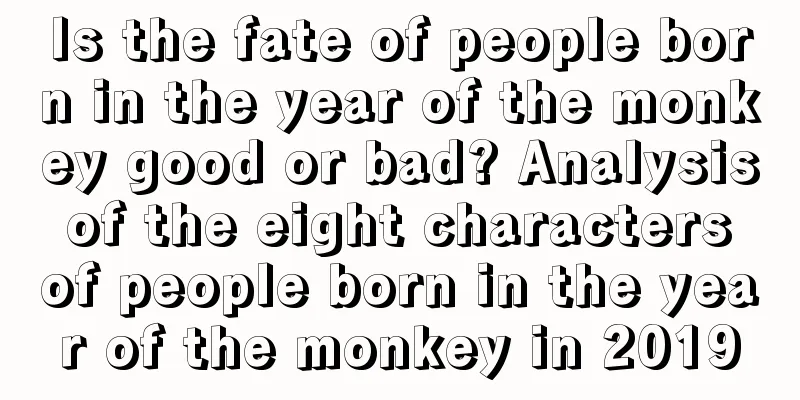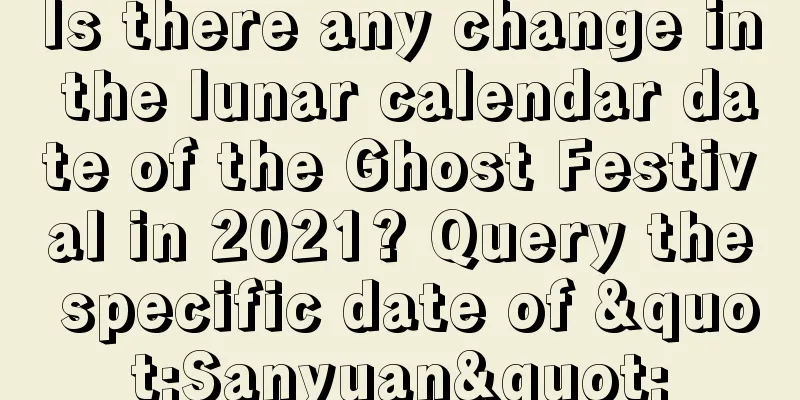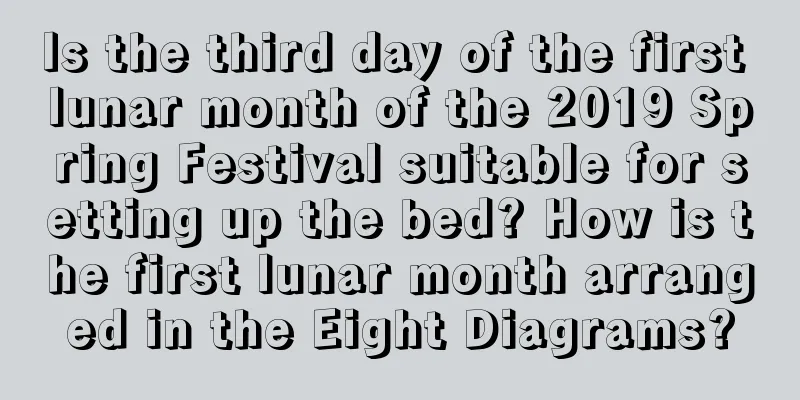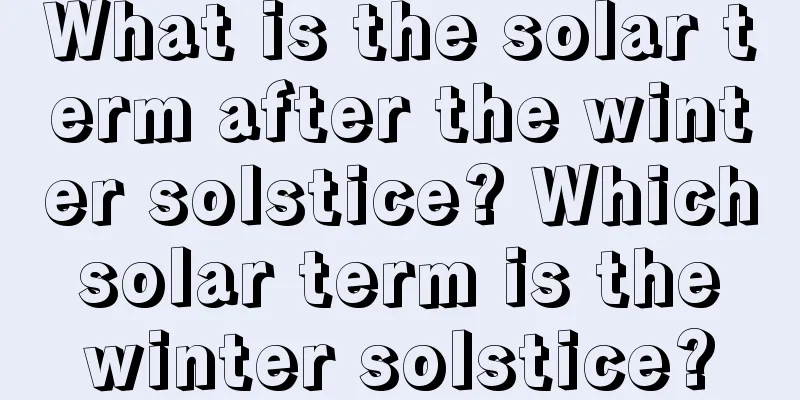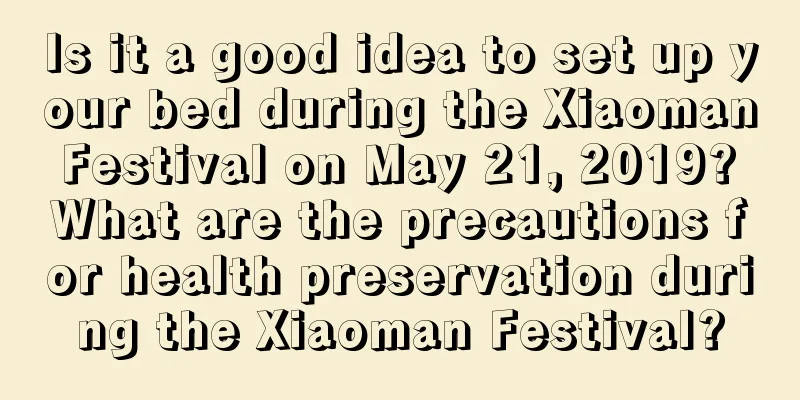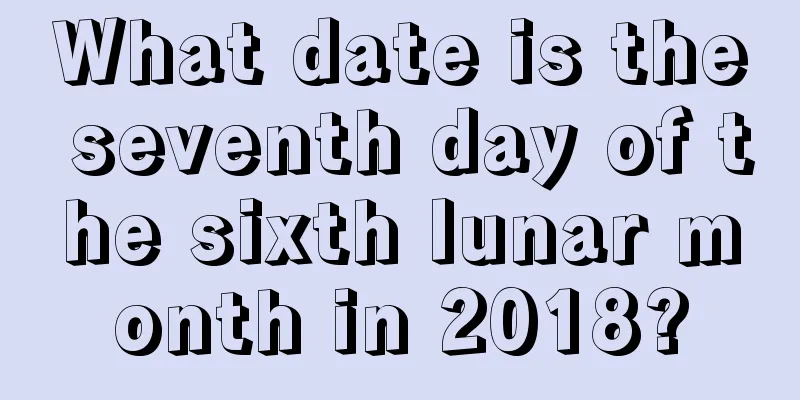What festivals and solar terms are there in November of the lunar calendar in 2018? How many days are there in November of the lunar calendar?

Introduction: November in the lunar calendar is the month when winter comes. So what festivals and solar terms are there in November in the lunar calendar in 2018? How many days are there in November in the lunar calendar? Shuimoxiansheng.com has carefully compiled detailed information about the eleventh month of the lunar calendar in 2018. If you want to know the auspicious and inauspicious days in the eleventh month of the lunar calendar, just go to Shuimoxiansheng.com.What festivals and solar terms are there in November of the lunar calendar in 2018? How many days are there in November of the lunar calendar?The eleventh month of the lunar calendar in 2018 is from the first day of the eleventh month of the lunar calendar (December 7) to the thirtieth day of the eleventh month of the lunar calendar (January 5, 2019).There are 30 days in the eleventh lunar month of 2018. By checking the old almanac, we can know that there are three solar terms and four festivals in November of the lunar calendar in 2018. [Note: The Winter Solstice is both a solar term and a traditional festival] The solar terms in the eleventh month of the lunar calendar are: Heavy Snow (December 7), Winter Solstice (December 22), and Minor Cold (January 5, 2019).The meaning of heavy snow:"Daxue" is the 21st solar term in the 24 solar terms of the lunar calendar and the third solar term in winter, marking the official beginning of mid-winter. At that time, the sun reaches 255 degrees of ecliptic longitude. "Collected Explanations of the 72 Seasonal Changes" says: "Heavy snow occurs in November. 'Heavy' means abundant. At this time the snow is abundant." Heavy snow means that the weather is colder and the possibility of snowfall is greater than when it is light snow. It does not mean that the amount of snowfall must be heavy. The meaning of winter solstice: The winter solstice falls between December 21 and 23 of the Gregorian calendar every year. It is worth noting that because the earth is near its perihelion around the winter solstice and moves slightly faster, the time the sun shines directly on the southern hemisphere is about 8 days shorter than the time it shines directly on the northern hemisphere in a year. Therefore, the winter in the northern hemisphere is slightly shorter than the summer. The ancients said: When yin reaches its extreme, yang begins to be born, the sun reaches its southernmost point, the day is at its shortest, and the shadow is at its longest, so it is called "Winter Solstice". The ancients believed that from the winter solstice, the yang energy of heaven and earth began to rise and become stronger, that is, the next cycle began. The winter solstice is when yang is born and the yang energy of heaven and earth rises, which is a "lucky day." The meaning of Xiaohan: Minor Cold is the 23rd solar term in the 24 solar terms of the lunar calendar and the fifth solar term in winter, marking the official beginning of the winter season. When the sun reaches 285° of ecliptic longitude (Xiao Han), it marks the arrival of the coldest day of the year for China. According to China's meteorological data, Minor Cold is the solar term with the lowest temperature, and only in a few years does the temperature of Major Cold fall below that of Minor Cold. Festivals in the eleventh month of the lunar calendar: Winter Solstice (December 22), Christmas Eve (December 24), Christmas Day (December 25), New Year's Day (January 1, 2019)The significance of the Winter Solstice festival <br /> The Winter Solstice is commonly known as the "Winter Festival", "Longest Day Festival" or "Second Year". The Winter Solstice is an important solar term among the 24 solar terms in the lunar calendar and also a traditional festival of the Chinese nation. The Winter Solstice is the "Winter Festival", so it is regarded as a major festival in winter. In ancient times, people said that "the Winter Solstice is as important as the New Year." In ancient times, people who lived away from home would return home to celebrate the winter festival at this time of year, the so-called "having a home to return to at the end of the year." In ancient times, there was a saying that "Yang is born on the winter solstice", which means that from the day of the winter solstice, Yang energy slowly begins to rise.The festive significance of Christmas Eve: Silent Night, also known as Christmas Eve (December 24), is a part of Christmas in most Christian countries, but now, due to the integration of Chinese and Western cultures, it has become a global holiday. The meaning of Christmas: Christmas, also known as Christmas and the Birthday of Jesus, is translated as "Christ Mass". It is a traditional Western festival that originated from Christianity and falls on December 25th of the Gregorian calendar every year. Mass is a worship ceremony of the church. Christmas is a religious festival. Because it is celebrated as the birthday of Jesus, it is called "Christmas". The significance of New Year's Day: New Year's Day, which is January 1st of the Gregorian calendar, is commonly known as the "New Year" in most countries in the world. Yuan means "beginning", so the beginning of any number is called "yuan"; Dan means "day", so "New Year's Day" means "the first day". New Year's Day is also known as "Sanyuan", namely the first day of the year, the first day of the month, and the first day of the hour. The name "New Year's Day" in Chinese history refers to the first day of the first lunar month in the Xia calendar (lunar calendar, also known as the lunar calendar). The word "New Year's Day" that is recorded in existing documents first appeared in "Book of Jin". After the Revolution of 1911, in order to "follow the Xia calendar to follow the agricultural season and the Western calendar to facilitate statistics", it was decided to use the Gregorian calendar in the first year of the Republic of China (actually used in 1912), and January 1 of the Gregorian calendar was designated as "New Year", but it was not called "New Year's Day". In 1949, the People's Republic of China adopted January 1 of the Gregorian calendar as New Year's Day, so New Year's Day is also known as the "Gregorian year" or "Gregorian year" in China. |
Recommend
Is it a good idea to set up your bed the day before Frost's Descent in 2019? Analysis of the agricultural proverb about Frost's Descent!
Introduction: It is generally necessary to choose ...
Is the zodiac sign of a baby born on the eighth day of the fifth lunar month in 2020 Cancer? What are the disadvantages?
Different babies born at different times have diff...
Will a baby girl born on June 7, 2019, the Dragon Boat Festival, bring bad luck to her mother? What is the best time to give birth on the Dragon Boat Festival?
Introduction: Many new lives will be born on the D...
Is the fate of a girl born on April 16th of the lunar calendar in 2019 good?
Is the fate of a girl born on April 16th of the lu...
Is it possible to have sex during the Great Cold of 2022? What are the sayings about days when it is not appropriate to have sex?
During the Great Cold season, everything is quiet....
Is it good or bad for people born on the twelfth day of the first lunar month?
Introduction: The fate of each person is determine...
Is December 23rd of the lunar calendar in 2018 an auspicious day for signing a contract?
With the continuous development of society, there ...
What are the taboos and do’s on the 27th day of the third lunar month in 2018?
The third month of the lunar calendar is the last...
Analysis of the zodiac signs and compatibility of girls’ birth signs in 2020 (Labor Day)!
The zodiac sign is determined by the date of birth...
Is the second day of July 2020 suitable for funerals? Is the hexagram on August 20 auspicious?
Introduction: Funerals usually require an auspicio...
Can I visit relatives on the Dragon Boat Festival on the fifth day of May 2019? Is it okay to visit relatives on the Dragon Boat Festival?
Introduction: The Dragon Boat Festival is an impor...
Is April 21st of the lunar calendar 2020 a good day? Is it a good day to pray for blessings?
Praying for blessings actually means asking for ha...
Will it be good to pray on the ninth day of the eighth lunar month in 2018? What is your fortune on this day?
China's blessing culture is a high-quality his...
Is the Spring Equinox on February 27, 2020 (March 20), suitable for weddings and wedding banquets?
Introduction: It is generally necessary to choose ...
On what day of April 11th in the lunar calendar in 2019 can we burn incense and worship Buddha?
April of the lunar calendar in 2019 has arrived. I...


